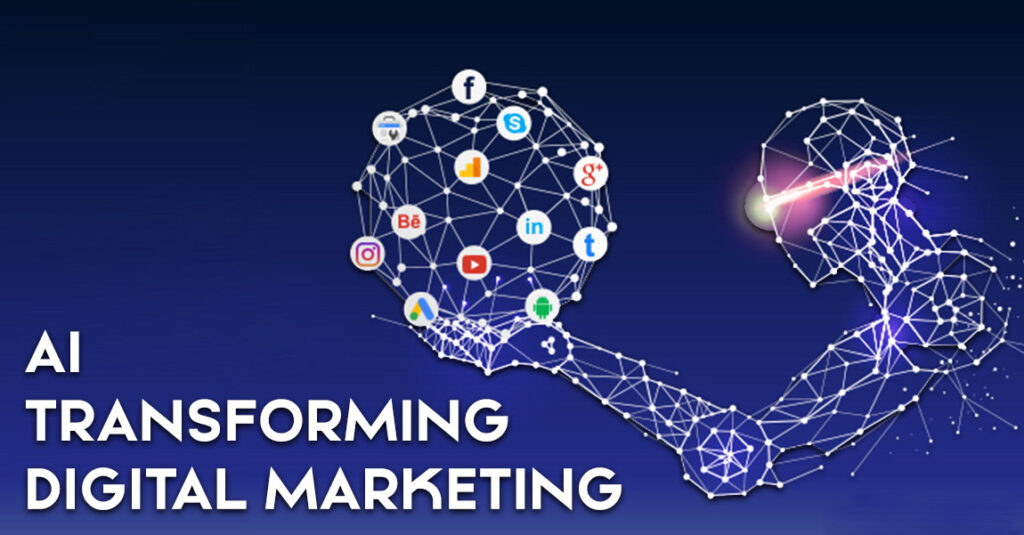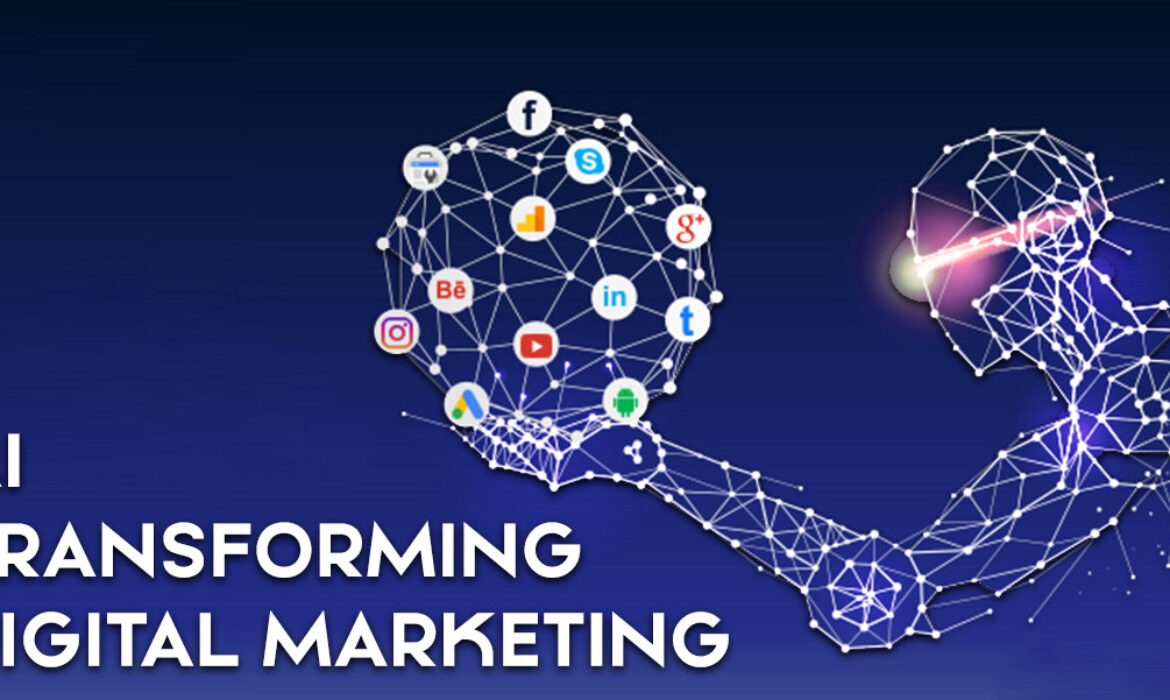
In the ever-evolving world of digital marketing, staying ahead of the curve is essential to drive traffic and engagement to your website. Search Engine Optimization (SEO) plays a pivotal role in this, and with the advent of artificial intelligence (AI), optimizing your SEO strategies has never been more dynamic and effective. In this blog post, we will explore how AI is transforming SEO and provide insights into strategies and tools to help you get the most out of this powerful combination.
Understanding the Role of AI in SEO
Artificial intelligence is revolutionizing SEO by enabling marketers to make data-driven decisions and deliver more relevant content to their audience. AI algorithms can analyze vast amounts of data, identify patterns, and adapt to changes in search engine algorithms, ultimately improving search rankings. Here are some ways AI is changing the SEO landscape:
1. Content Generation and Optimization
AI-powered tools like GPT-3 and its successors can generate high-quality content, including blog posts, product descriptions, and meta tags. These tools use natural language processing to ensure content is relevant, coherent, and optimized for specific keywords.
2. Rank Tracking and Analysis
AI tools provide real-time rank tracking and in-depth analysis of your website’s performance. They can identify which keywords are driving the most traffic, assess your competition, and recommend adjustments to improve your rankings.
3. User Experience Enhancement
AI helps improve user experience by analyzing user behavior and making data-backed recommendations for site improvements. It can suggest changes to the website’s layout, load times, and navigation to keep visitors engaged.
4. Predictive SEO
Artificial intelligence can predict changes in search engine algorithms and trends, allowing marketers to proactively adjust their strategies and stay ahead of the curve.
Strategies for Optimizing SEO with AI
Now, let’s delve into some strategies for optimizing your SEO efforts with AI:
1. Use AI-Powered Content Creation
Integrate AI-generated content to ensure you have a consistent stream of high-quality, SEO-optimized articles and product descriptions.
2. Leverage Chatbots and Virtual Assistants
Implement AI chatbots on your website to enhance user experience, answer queries, and gather valuable customer data.
3. Optimize for Voice Search
As voice search continues to grow, optimize your content for conversational queries and long-tail keywords, which are more likely to be used in voice searches.
4. Harness AI for Keyword Research
AI tools can help identify low-competition, high-conversion keywords that can boost your SEO rankings.
5. Analyze User Behavior
Use AI analytics to gain insights into how users interact with your website. Tailor your content and design based on this data to improve user experience.
Tools for AI-Enhanced SEO
Several AI tools are available to help you optimize your SEO strategy. Some of the popular ones include:
- Google’s RankBrain: Google’s AI algorithm processes search queries to better understand user intent.
- Clearscope: This tool uses AI to identify related keywords and concepts that should be included in your content to improve rankings.
- MarketMuse: It analyzes top-performing content in your niche and suggests improvements to your own content to compete effectively.
- SurferSEO: SurferSEO uses AI to analyze ranking factors and provides data-driven recommendations for on-page SEO improvements.
- ChatGPT: Implement a chatbot powered by AI to enhance user engagement and gather valuable user data.
In conclusion, the integration of AI into SEO strategies is transforming the way businesses approach digital marketing. By leveraging AI-powered tools and implementing the right strategies, you can optimize your website’s SEO, improve user experience, and stay competitive in the ever-changing world of online marketing. Embrace the power of AI in SEO, and watch your website rise in search engine rankings and deliver meaningful results to your bottom line.



